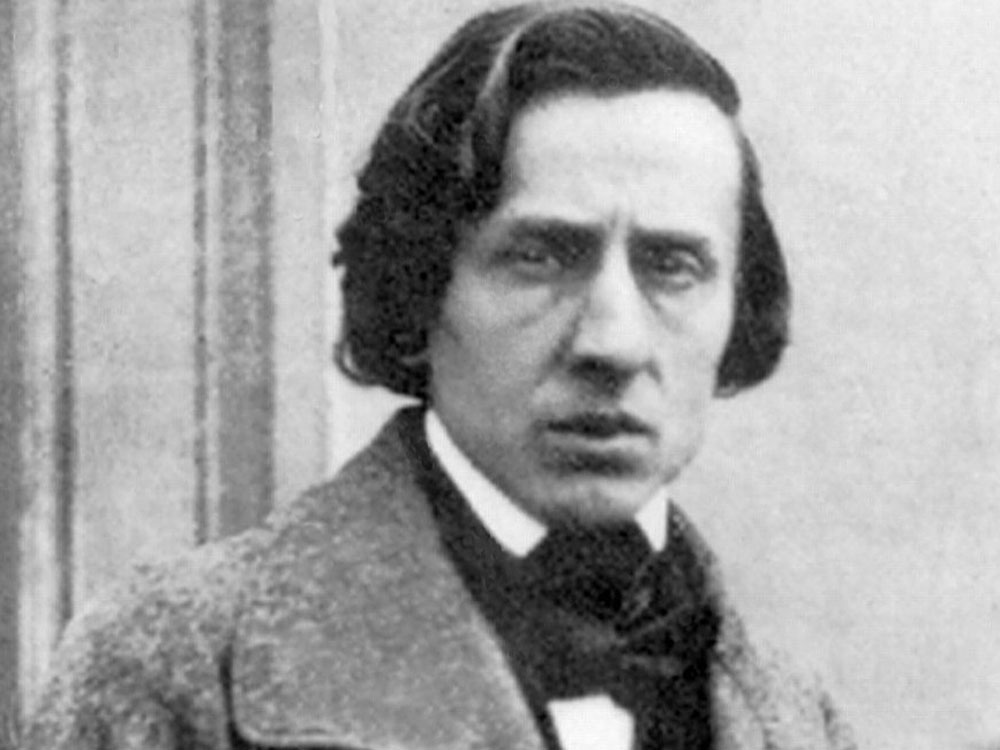“Vissi d’arte” from Tosca
Through the expressive power of music, opera conveys the deepest and most complex human emotions. It allows us to enter the psyche of characters and experience the drama on a gut level. Opera, with its far flung story lines and sung libretto, can’t be approached literally, as if you’re watching a movie or a play. It has to be experienced as metaphor…a story unfolding through music. Vissi d’arte (“I Lived for Art”) is one of …



